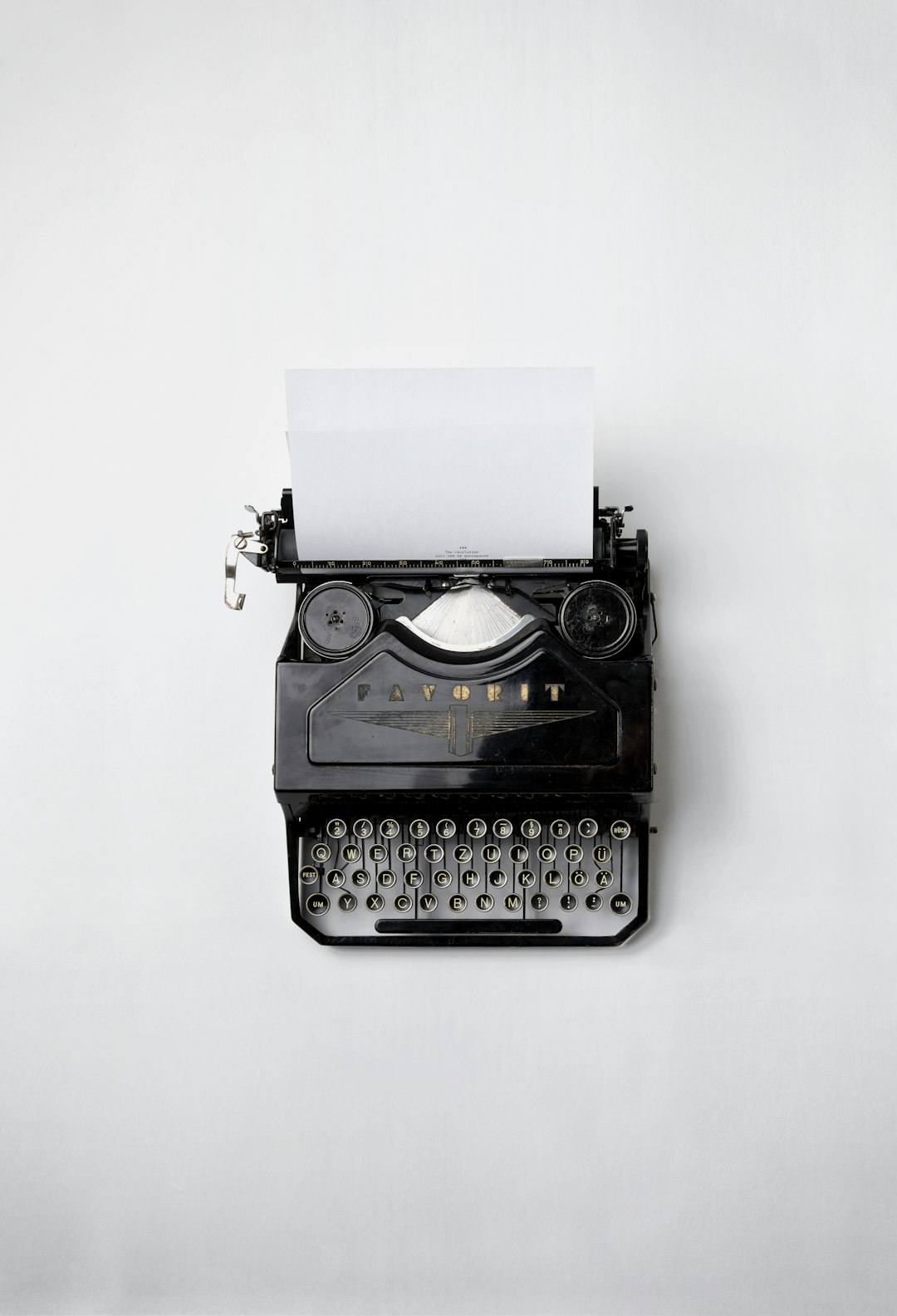Writing a reference letter can seem like a daunting task. Whether you’re drafting a letter of recommendation for a colleague, employee, or student, understanding the key elements of an effective reference is crucial. In this guide, we’ll walk you through everything you need to know to write a compelling reference letter that truly stands out.
Understanding the Purpose of a Reference Letter
A reference letter serves as a testament to a person’s skills, achievements, and character. It is often required in various scenarios, such as applying for a job, pursuing further education, or joining professional organizations. The goal is to provide a well-rounded view of the individual’s abilities and qualifications.

by Florian Klauer (https://unsplash.com/@florianklauer)
Types of Reference Letters
Before you start writing, it’s important to know the different types of reference letters. The most common ones include:
- Professional Reference Letter: Often written by a manager or supervisor, this letter focuses on the individual’s professional skills and achievements.
- Academic Reference Letter: Usually written by teachers or professors, this letter highlights a student’s academic abilities and contributions.
- Character Reference Letter: Written by someone who knows the individual personally, this letter emphasizes character traits and personal qualities.
Key Elements of a Strong Reference Letter
To ensure your reference letter is effective, make sure to include the following elements:
1. Clear Introduction
Start with a clear introduction that states your relationship with the person and the purpose of the letter. Mention how long you’ve known the individual and in what capacity. This sets the context for the reader.
2. Specific Examples
Provide specific examples of the individual’s skills and achievements. Use quantifiable results and real-life scenarios to illustrate their capabilities. This adds credibility to your letter and makes it more persuasive.
3. Positive and Honest Tone
While it’s important to highlight strengths, ensure your tone is both positive and honest. Avoid exaggeration and focus on genuine attributes. A balanced view adds authenticity to your recommendation.
by Aiony Haust (https://unsplash.com/@aiony)
4. Relevant Skills and Experiences
Tailor the content of your letter to match the requirements of the opportunity the individual is pursuing. Highlight the skills and experiences that are most relevant to the position or program. This alignment demonstrates that you understand the requirements and believe the individual is a good fit.
5. Conclusion and Contact Information
Conclude with a strong closing statement that reiterates your support for the individual. Provide your contact information in case the reader has further questions. This openness reinforces your endorsement.
Crafting a Sample Reference Letter
Here’s a basic template to help you get started on writing your reference letter:
[Your Name]
[Your Position]
[Your Company/Organization]
[Your Contact Information]
[Date]
Recipient’s NameRecipient’s PositionRecipient’s Company/OrganizationRecipient’s Contact Information
Dear Recipient’s Name,
I am writing to recommend Individual’s Name for opportunity. I have known him/her/them for duration as context of relationship. During this time, I have been consistently impressed with his/her/their qualities/skills.
Individual’s Name has demonstrated exceptional skill/attribute through specific example. One instance that stands out is describe scenario. This showcases his/her/their ability to relevant skill.
He/She/They is also known for additional qualities. Individual’s Name has always describe behavior or trait. I am confident that he/she/they will excel in opportunity due to reason.
I wholeheartedly recommend Individual’s Name for opportunity. Please feel free to contact me at your contact information if you need more information.
Sincerely,Your Name
Tips for Writing an Effective Reference Letter
Be Concise and Specific
Keep your letter concise and to the point. Avoid unnecessary jargon or overly complex language. Being specific about achievements and skills makes your letter more impactful.
Personalize Each Letter
Avoid using a generic template for all reference letters. Take the time to personalize each letter to the individual and the opportunity they are pursuing. Personalization shows effort and sincerity.
Proofread Thoroughly
Errors in grammar or spelling can undermine the credibility of your letter. Proofread your letter thoroughly before sending it. Consider asking a colleague to review it as well.
by Zulmaury Saavedra (https://unsplash.com/@zulmaury)
Conclusion
Writing an effective reference letter requires careful thought and attention to detail. By including the key elements we’ve discussed, you can craft a letter that not only supports the individual’s application but also showcases their unique strengths. Remember, your words can greatly influence the reader’s perception and decision-making process. So take the time to write a thoughtful and compelling reference letter.

